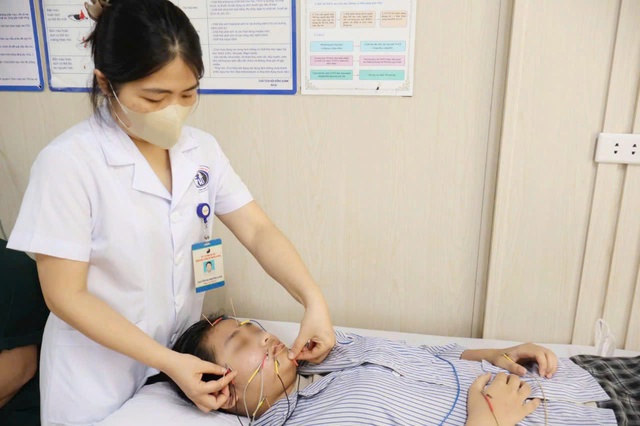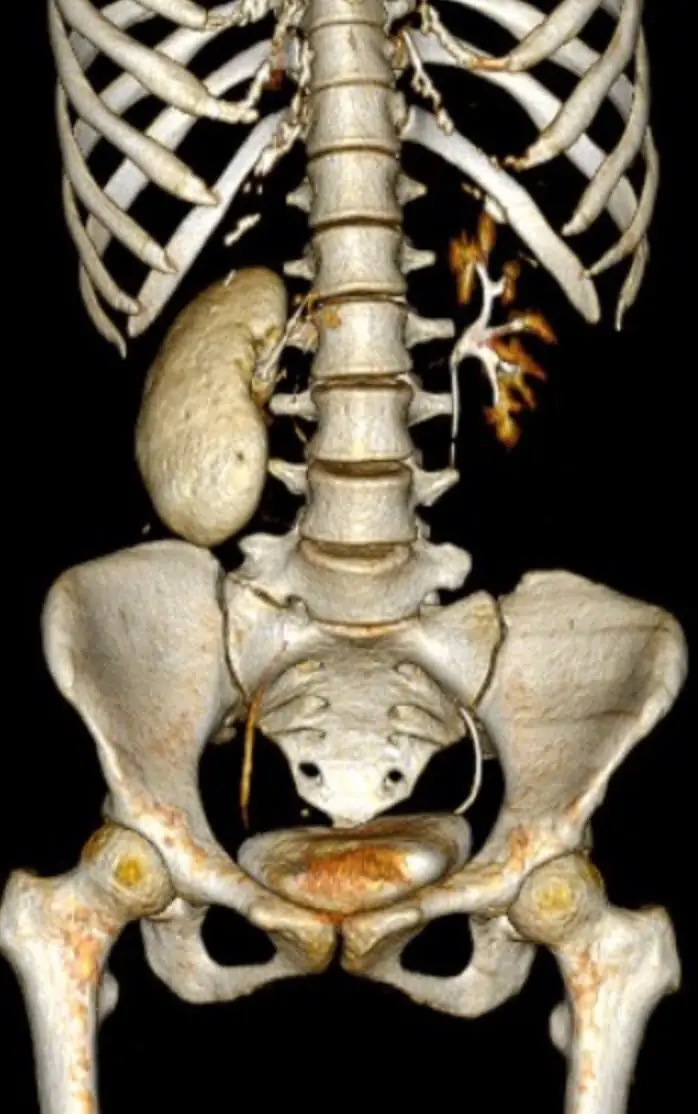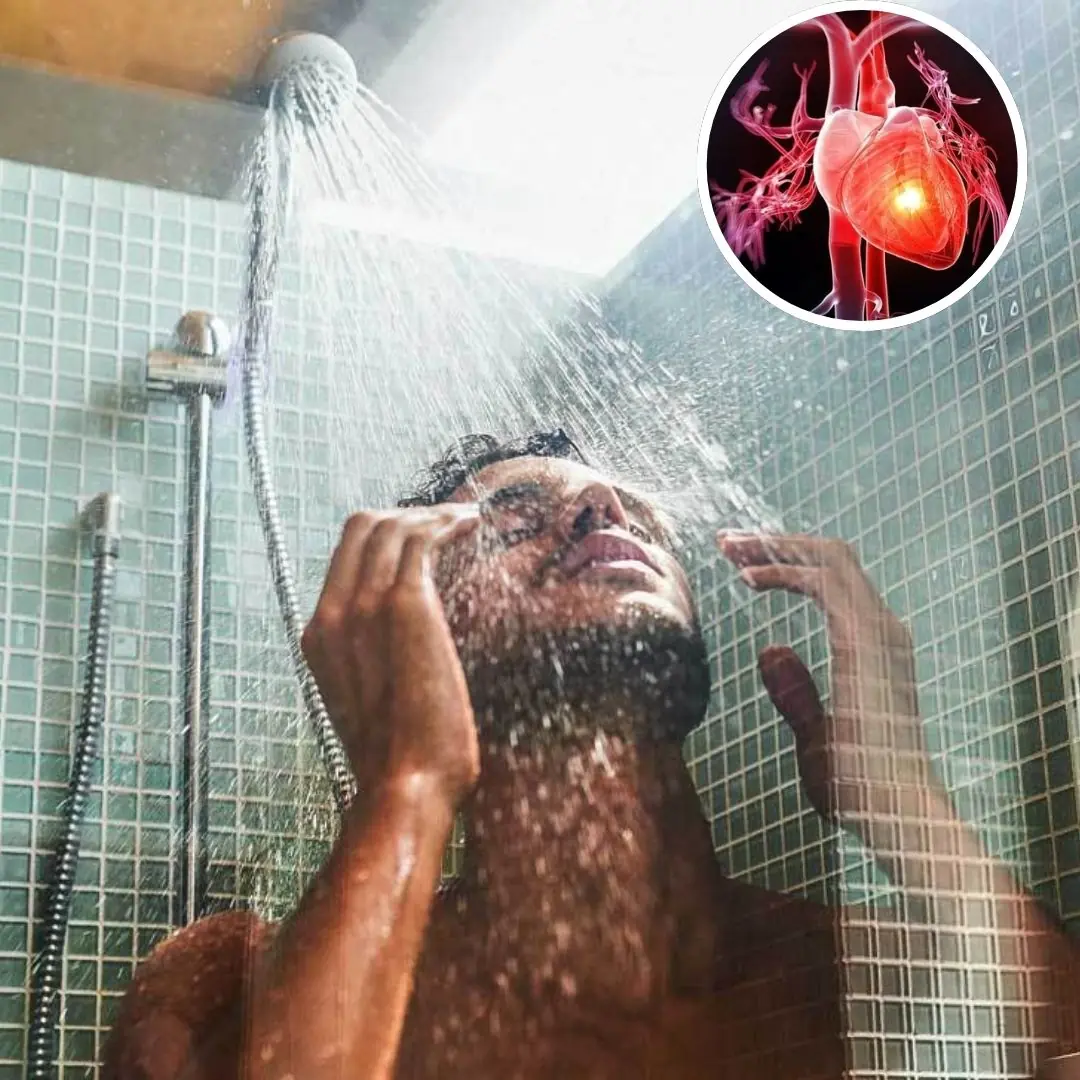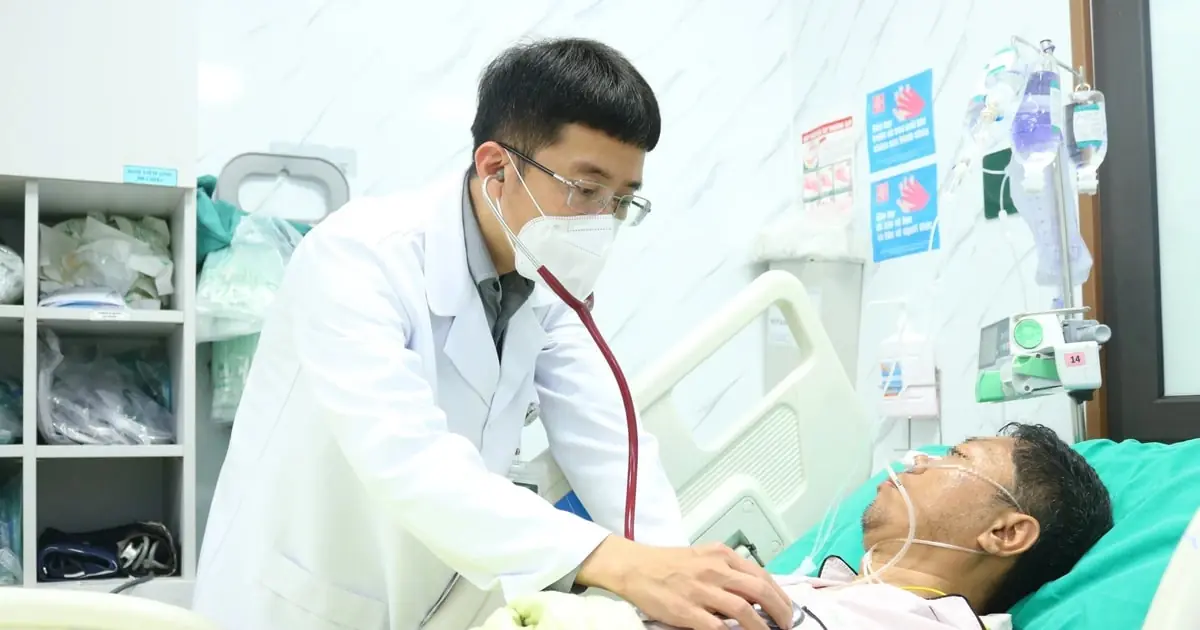
14-Year-Old Patient Suffers Facial Paralysis Due to Common Habit During Hot Weather
14-Year-Old Patient Suffers Facial Paralysis Due to Common Habit During Hot Weather
Continuous heatwaves have led to a surge in air conditioner usage. While using air conditioning properly can help regulate body temperature, improper use may pose health risks.
Recently, the Department of Rehabilitation at the Provincial Hospital of Traditional Medicine and Rehabilitation admitted a patient named L.K.V. (14 years old, residing in Minh Phuong, Viet Tri), who was diagnosed with peripheral facial nerve (cranial nerve VII) paralysis.
Two weeks prior to hospitalization, the patient developed facial asymmetry after spending prolonged time in an air-conditioned room. Symptoms included mouth deviation to the side, misalignment of the philtrum to the left, food and drinks spilling from the right corner of the mouth, and the inability to completely close the right eye.
The patient received treatment using various physical therapy methods such as electroacupuncture, hydro-acupuncture, electrical stimulation, infrared light therapy, and therapeutic massage and acupressure. After two weeks of intensive treatment, the patient's condition improved significantly—he could fully close his eye, his mouth was less crooked, and eating and drinking became easier.
According to Dr. Nguyen Thi Hai Phuong (Department of Rehabilitation, Provincial Hospital of Traditional Medicine and Rehabilitation), the facial nerve (cranial nerve VII) has a long segment outside the skull, making it vulnerable to damage from cold exposure and inflammation.
Sudden exposure to cold air from air conditioners can cause blood vessels that supply the facial nerve to constrict, leading to localized ischemia or swelling. This may result in nerve damage or reduced nerve conduction. Furthermore, drastic temperature differences and continuous inhalation of cold air can lead to allergic rhinitis, dry throat, and create favorable conditions for viruses and bacteria in the nasal-throat area to develop and inflame the facial nerve.
This condition often affects healthy individuals and typically appears at night after sleeping in an air-conditioned room. Upon waking, patients may notice incomplete eyelid closure on the affected side, the philtrum deviating toward the unaffected side, reduced or lost forehead wrinkles and nasolabial folds on the paralyzed side, along with reduced tear production, decreased sensation in the outer ear canal, and loss of taste on the front two-thirds of the tongue on the affected side. Although not life-threatening, the condition impacts facial appearance and affects essential functions such as eating, drinking, and speaking.
To minimize health risks associated with air conditioning, people are advised to avoid large temperature differences and maintain room temperature between 26–28°C (78–82°F).
When coming in from hot outdoor temperatures, allow the body 5 minutes to adjust before turning on the air conditioner. It is also recommended to turn off the AC 20–30 minutes before going outside. Sudden environmental changes with large temperature differences can cause heat shock. If symptoms such as facial drooping or slurred speech occur, individuals should seek medical attention promptly for timely diagnosis and treatment.
News in the same category


6 familiar dishes that are extremely dan.ger.ous if left overnight

Doctor Urges 4 Actions to Protect Your Body’s "Blo.od Filter"

Can overly hot baths harm your heart and circulation?

7 signs of brain c.a.ncer that are easily confused with other diseases

4 Things to Avoid After 5 PM to Lower Your Risk of Stro.ke

The Surprising Benefits of Donating Bl.o.od

5 types of vegetables and fruits help cool the liver and effectively lower liver enzymes

Woman Sudden Kidney Failure After Meal: Doctor Says “This Vegetable Is Poisonous… You Shouldn’t Eat It”

3 Critical Mistakes You Must Never Make with a Stro.ke Victim — Regret Won’t Undo the Damage

Shocking Truth: Black Garlic Isn’t for Everyone — 5 Types of People Who Should Avoid or Limit It Immediately

5 Early Warning Signs Your Body May Be Signaling Can.cer — See a Doctor Before It’s Too Late

Who should not drink soy milk? 6 things to remember

Understanding Vestibular Disorders: Causes, Symptoms, and How They're Treated

Symptoms of end stage kidney can,cer

4 best vegetables to help prevent canc.er

This fruit is extremely high in starch but helps reduce blood sugar and prevent 5 types of can.cer

These 3 “Frugal” Habits Are Actually Selling Out Your Health
News Post

Doctor Reveals: People with These 6 Morning Habits Tend to Look Younger and Live Longer

How Will Your Blood Pressure Change If You Eat Bananas Every Day?

Jackfruits with White-Painted Tops

Quit Nail Biting: A Gentle But Effective Solution

Experts Warn That Some Vegetables Are a Source of Toxins and Should Not Be Eaten Raw

4 Vegetables You Should Never Eat Raw — They Could Do More Harm Than Good!

6 familiar dishes that are extremely dan.ger.ous if left overnight

The Most Nutritious Part of the Chicken—“Pricier than Gold” Yet Often Thrown Away by Home Cooks

Doctor Urges 4 Actions to Protect Your Body’s "Blo.od Filter"

6 Smart Tips for Choosing Quality Honey Sellers Don’t Want You to Know

Can overly hot baths harm your heart and circulation?

7 signs of brain c.a.ncer that are easily confused with other diseases

4 Things to Avoid After 5 PM to Lower Your Risk of Stro.ke

Doctors Warn: This Common Way of Eating Boiled Eggs Can Clog Your Arteries

Blanch Bones First or Simmer Directly?

2 Common Vegetables That Can Harbor Parasites

The 'Vitamin C King' of the Vegetable World

Avoid Swimming If You Spot 'Square Waves'
